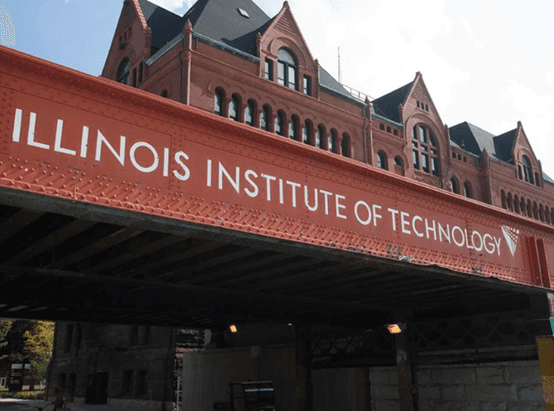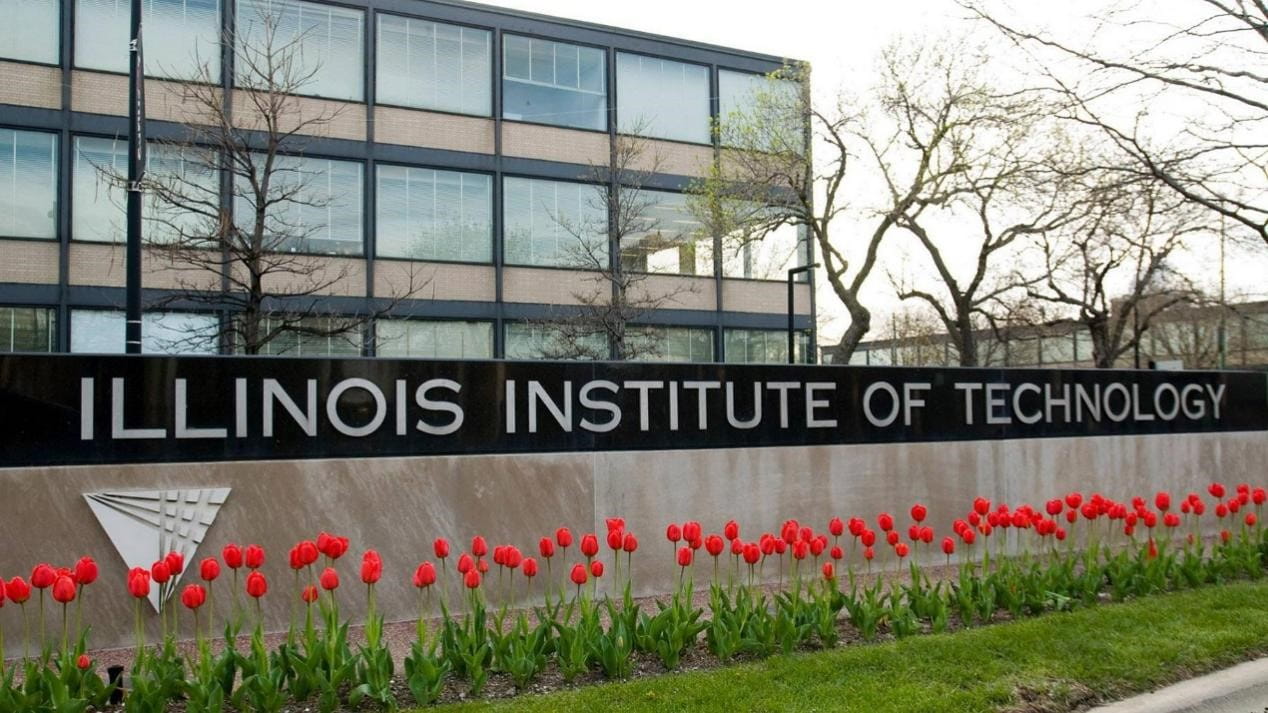Workshop Title:
Quantum-enhanced Machine Learning: Bridging Classical Data Science with Quantum Computing
Date:
September 11th, 2024 (CDT)
Organizer:
ITM Department, Illinois Institute of Technology, USA
Keywords:
- Quantum Computing
- Machine Learning
- Algorithms
- Data Science
- Quantum-enhanced Techniques
- Interdisciplinary Collaboration
- Practical Integration
- Theoretical Insights
- Real-world Applications
- Data Analysis
Workshop Chair:
Personal Bio:
Dr. Omar's Academic career has consistently focused on applied, industry-relevant cyber security, Data Analytics, machine learning, application of AI to cyber security and digital forensics research and education that delivers real-world results. He brings a unique combination of industry experience as well as teaching experience gained from teaching across different cultures and parts of the world. He has an established self-supporting program in machine learning application to cyber security. He has established a respectable research record in AI and cyber security exemplified in the dozens of published papers and book chapters that have gained recognition among researchers and practitioners (more than 272 Google scholar citations thus far). He is actively involved in graduate as well as undergraduate machine learning education including curriculum development and assessment.
Dr. Omar has recently published two books with Springer on Machine Learning and Cyber Security and has also published research with IEEE conference on Sematic Computing. Additionally, Dr. Omar holds numerous industry certifications including Comptia Sec+, ISACA CDPSE, EC-Council Certified Ethical Hacker, and SANS Advanced Smartphone Forensics Analyst.
Dr. Omar has been very active and productive in both academia as well as the industry and he is currently serving as an associate professor of cyber security at Illinois Institute of Technology.
Workshop Description:
Background:
As the realms of quantum computing and machine learning rapidly evolve, the imperative to intertwine their potentials has become increasingly evident. Recognizing this emergent synergy, the Quantum-enhanced Machine Learning workshop was conceived. Historically, classical machine learning has revolutionized diverse sectors by automating data interpretation, yet it faces computational limits. Simultaneously, quantum computing, with its promise of solving problems deemed intractable for classical computers, has gained momentum. Despite the potential, a gap existed in practical knowledge exchange between these two domains. This workshop was curated to address this very lacuna. Drawing upon interdisciplinary expertise, the event aimed to unravel the complexities of quantum algorithms and their applications in data science. By merging foundational quantum mechanics principles with advanced machine learning techniques, the workshop was designed to catalyze a new era of data analysis, one that's powered by the combined strengths of quantum and classical computation.
Goal/Rationale:
The Quantum-enhanced Machine Learning workshop was underpinned by several pivotal goals. Foremost, it aimed to demystify the synergy between quantum computing and machine learning, facilitating an understanding of how quantum algorithms can elevate data science capabilities. The workshop aspired to provide participants with hands-on experience, equipping them with practical skills to harness quantum-enhanced techniques in real-world scenarios. Another paramount objective was fostering collaboration; by gathering thought leaders from both domains, the event aimed to spark interdisciplinary partnerships and research projects. Additionally, the workshop intended to elucidate the commercial and societal implications of this convergence, highlighting its transformative potential across industries. Ultimately, the overarching goal was to propel the field forward, ensuring that the next wave of innovations in data analysis is informed by a harmonious blend of quantum mechanics and classical machine learning insights
Scope and Information for Participants:
The Quantum-enhanced Machine Learning workshop offers a comprehensive exploration of the intersection between quantum computing and classical machine learning. Participants will delve into cutting-edge quantum algorithms, their applications in data science, and practical integration techniques. The workshop encompasses both theoretical insights and hands-on sessions, allowing attendees to apply learned concepts in real-time. It's tailored for a diverse audience, from machine learning enthusiasts to quantum computing pioneers. Participants are advised to have a foundational understanding of basic machine learning principles for maximum benefit. This immersive experience promises a deep understanding of the future trajectory of data analysis.
Venue:
Illinois Institute of Technology, 10 W 35th St, Chicago, IL 60616

VISA:
U.S. Visas (state.gov)
In order to ensure the information is correct and up to date, there may be changes which we are not aware of. And different countries have different rules for the visa application. It is always a good idea to check the latest regulations in your country. This page just gives some general information of the visa application.
US Visa Information
The B-1/B-2 visitor visa is for people traveling to the United States temporarily for business (B-1) or for pleasure or medical treatment (B-2). Generally, the B-1 visa is for travelers consulting with business associates; attending scientific, educational, professional, or business conventions/conferences; settling an estate; or negotiating contracts. The B-2 visa is for travel that is recreational in nature, including tourism; visits with friends or relatives; medical treatment; and activities of a fraternal, social, or service nature. Often, the B-1 and B-2 visas are combined and issued as one visa: the B-1/B-2.
Application Items
If you apply for a business/tourist visa, you must pay your $160 application fee and submit the following:
- A Nonimmigrant Visa Electronic Application (DS-160) Form. Visit the DS-160 web page for more information about the DS-160.
- A passport valid for travel to the United States with a validity date at least six months beyond your intended period of stay in the United States (unless country-specific agreements provide exemptions). If more than one person is included in your passport, each person desiring a visa must submit an application.
- One (1) 2 x 2 inches (51 x 51 mm) photograph taken within the last six months.
- If a visa is issued, there may be an additional visa issuance reciprocity fee, depending on your nationality.
In addition to these items, you must present an interview appointment letter confirming that you booked an appointment through this service. You may also bring whatever supporting documents you believe support the information provided to the consular officer.
Supporting Documents
- Invitation letter from business or school.
- Detailed CV or resume including a list of publications.
- Complete itinerary, including all meetings, conferences, and visits; include names, addresses, and telephone numbers of your hosts.
- For other materials, please refer to the U.S. Embassy or Consulate website.
NOTICE:
Should your application be denied, the organizing committee cannot change the decision of visa officer, nor will CONF-CDS engage in discussion or correspondence with the visa application center on behalf of the applicant. The registration fee CANNOT be refunded when the VISA application of individual being denied.
Attend in person:
If you want to attend the workshop on-site, please email the Conference Committee: info@confcds.org.





